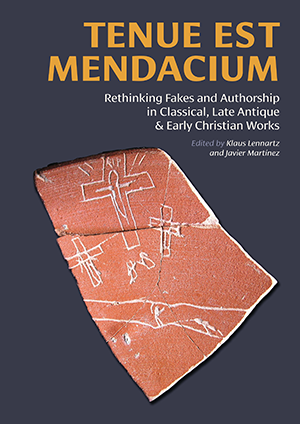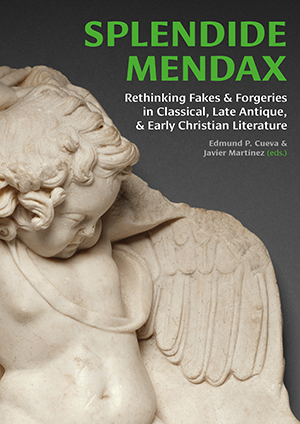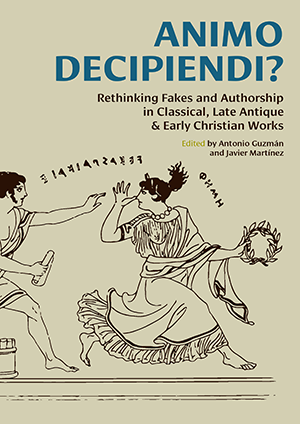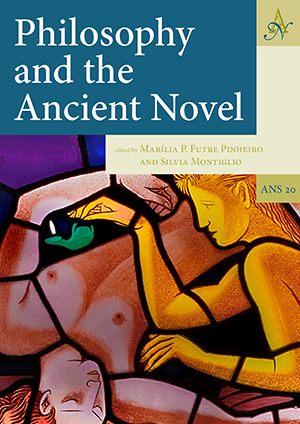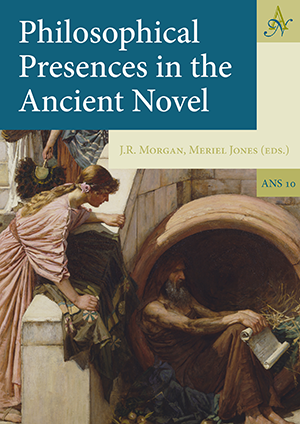The Greek philosopher Aristotle continued the tradition of his predecessors, Socrates, the Sophists, and Plato, who for the first time had made man the centre of philosophical reflection. However, Aristotle did not limit his thought to man alone; man, situated at the top of the Great Chain of Being, is an integral part of the encompassing nature.
In his Treatise on the Soul (De Anima) Aristotle’s argument concerning the soul’s knowledge-generating faculties, in particular the dialogue with his predecessors, resembles in many respects the philosophical debate on the pramāṇas, ‘the valid ways of cognition’, which informed the classical Indian schools of thought. In Aristotle’s De Anima we possess a unique, coherent treatise that deals exhaustively with ‘valid ways of cognition’, a treatise that kept its prominent position until the Scientific Revolution of the 16/17th century.
This book focuses on the concept of the hylomorphic soul and the process by which it actuates cognition, that means it is concerned with Aristotle’s epistemology. From his conception of the soul or psychẽ as the entelexeia of the body arises the ‘noetic problem’. The idea of a human mind, nous, that takes part in a supra-individual, semi-divine world of knowledge (epistẽmẽ) is apparently at odds with the basic principles of Aristotle’s philosophy. When the Philosopher avows that the mind is ‘separable’ in its true realization, the question is how it can still be part of the human soul. It is argued that the so-called ‘susceptible mind’ (νοῦς παθητικός) and its actual operation are two aspects of one and the same nous: the potency of the human mind to accommodate forms or ideas distinguishes it fundamentally from the divine ‘thinking of thinking’, the eternal, immutable state of the celestial mind.
Preface v
Table of Contents ix
Introduction 1
1 Some Concepts in Aristotle’s Philosophy 7
1.1 Layers of abstraction: The concepts σύνολον and ὕλη νόησις 7
1.2 Оὐσία : The Aristotelian concept of substance 10
1.3 Тò ὂν ὡς ἀληθης, ‘to be true’: The Aristotelian concept of truth 13
1.4 Discursive and intuitive thought: διάνοια and νόησις 18
1.5 Aristotle’s doctrine of motion and change 20
2 The Power to Perceive 27
2.1 The form (εἴδος) called ‘soul’ (ψυχή ) 27
2.2 The faculty of perception: τò αἰσθητικόν 29
2.3 Imagination: ἡ φαντασία 33
2.4 From the particular to the universal 34
3 The Power to Think 37
3.1 The noetic problem 37
3.2 The noetic problem outside De Anima G 4 and 5 39
3.3 De Anima G 4 42
3.4 De Anima G 5 47
Bibliography 51
Index of Text Passages 55

